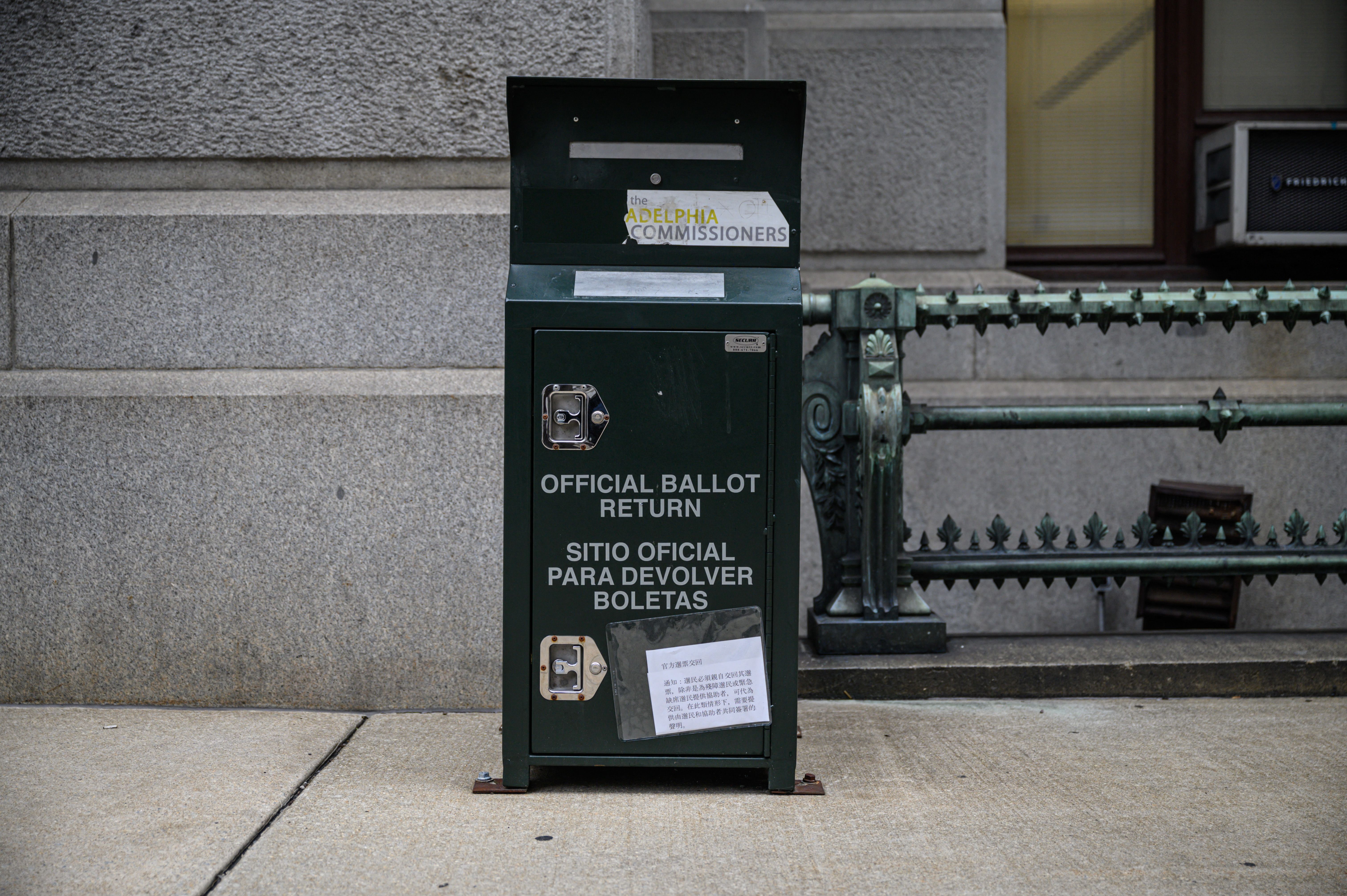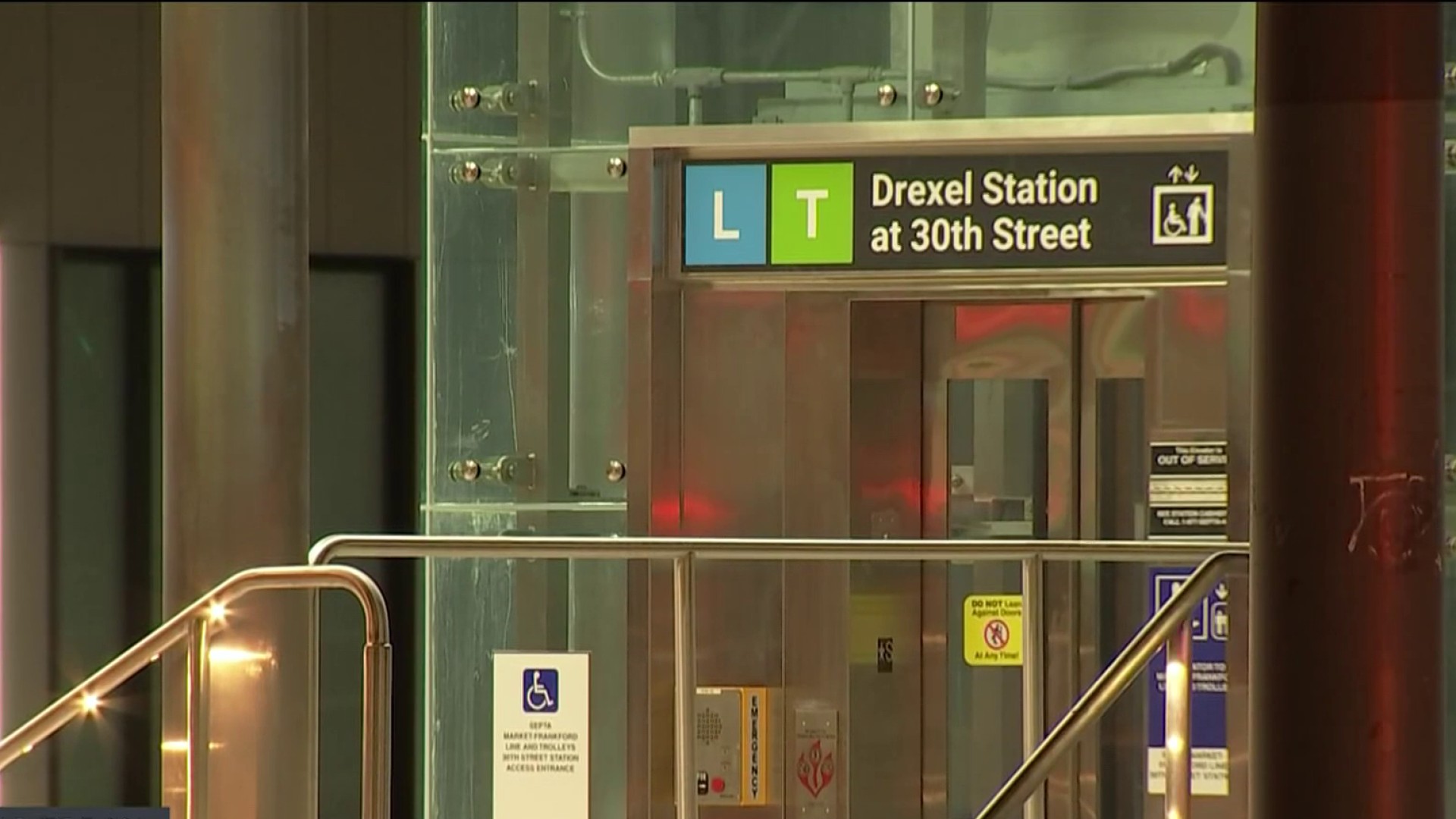Schoolhouse Watch, a project whose goal is to give community members a voice in what happens with the 23 closing school buildings in their neighborhoods, has been an eye-opening experience for me.
I could not have known when we bandied about the idea of giving neighbors the tools and information they’d need to effectively decide their own fate that we would be met with suspicion, accusations, and derision. We’ve been accused of profiting from a foundation grant specific to this initiative — an assertion that is not true. We’ve been accused of giving a platform to those who want to turn schools into condos — again, not true. We’ve even been told of anonymous false emails telling panelists our forums have been canceled.
It’s clear to me that people are angry. Community members are angry because on average 96 percent of the students in each closing school are economically disadvantaged, and 90 percent of them are African American or Latino. Parents are angry because their children are scheduled to be transferred to low-performing or rival schools, and no clear transition plan is in place. Students and alumni are angry because we’ve asked them to accept the school closures and begin the next phase of the fight.
I fully expect each of those groups to express those very real concerns at today’s 4 pm community forum on the future of University City High School. It’s my hope that the anger will translate into tangible ideas, that cooler heads will prevail, and that through this forum we will shine a bright light on the history that’s led to this moment, on the fight for a community’s children, and on the abiding desire for fairness.
University City, after all, is a unique place. It is unique not only because the city has placed the building’s market value at $22.75 million, an amount that dwarfs the values of most of the other 22 school buildings that will close at the end of the school year. It is unique because of its history.
University City High School was built in the wake of urban renewal, after houses had been cleared in the name of removing blight. After a losing battle to keep their houses, an entire community known as the Black Bottom was pushed out in order to make room for the school, and after the school was built in 1971, another fight took place to allow children of color to attend the school.
Today, community members who have spent years working at University City High School are keenly aware of that history. Many believe that either Penn or Drexel University intend to acquire University City High School and the land upon which it sits.
Local
Breaking news and the stories that matter to your neighborhood.
Asked what should happen with the school building when it is closed at the end of the current school year, one young teacher spoke of that history.
“I think [since] the land was taken from a community of people — since people were displaced in order to operate a school that their children were eventually allowed to go to — then the land should return to the community,” the teacher said on condition of anonymity. “In the spirit of this forum the community should decide what should happen. Particularly because of the way the land was taken, it should be returned to the community.”
The question is how to make that happen. Should the community benefit through a partnership with a corporation, like Comcast for example, that would run the school, train students for jobs within the corporation, and hire the students upon graduation? That’s the model that Greater Philadelphia Association of Realtors President Allan Domb has put forth.
Should it become a K-12 charter school whose science and technology curriculum would benefit from partnerships with Drexel University, the University of Pennsylvania, and private sector stakeholders in the implementation of career technical education (CTE) programs? That’s what Chad Womack of a nonprofit called TBED21 has suggested.
Melani Lamond, a Realtor who works in the community, said the City and School District should be in dialogue with the community about what zoning uses they would allow, and that the property should be sold at market price. The money from the sale should go back into neighborhood schools like Powell Elementary School, she said, but this could work only if the City and School District would actually keep their word.
But in talking to teachers and alumni who’ve been involved with University City over the years, I’ve found that there is very little trust in the system. Students who were determined to keep the school open prompted teachers to join the fight. They were bitterly disappointed by the decision to close the school. And those who had invested themselves in the students were baffled.
Patrice Berry is director of the Student Success Center at University City High School, which is part of the University of Pennsylvania’s Netter Center for Community Partnerships. The Netter Center, which operates in seven West Philadelphia schools, is about bridging the gap between the community and the school, and also bridging the gap between the university and the community, Berry said. This model, the university assisted community school, has encouraged more parents to be involved in the school. Students, too, are more involved in community work. On the flip side, a lot of students at Penn say their lives have changed as a result of working with the students at University City.
At least one University City teacher, A.J. Schiera, came in as a Penn undergraduate student and stayed on because, he said, he fell in love with the students. A history teacher, Schiera is now helping the students to catalog the history of their school so that an enduring record will be left even after it closes.
Despite the work that’s been done by students and teachers associated with Penn, however, the school, which can accommodate over 2,600 students, has only about 500 students enrolled this year, according to School District records. And mistrust between Penn and the community endures.
The current students, said one teacher, will learn to live with the disappointment of losing their school. “I think our students know how to cope. They’re used to things like this happening. The impact is going to be quiet, but deep, and it will affect our students expectations of what they deserve. That’s not something we can really measure … it’s going to be a moment of difficult transition.”
But it could well be those very students who decide what will happen with the building in the future. Those students, after all, have already been battle tested in the fight to keep the school open.
Some of those students will be at today’s forum with Schiera, the teacher who taught them about their school’s past. Perhaps today, they’ll tell us all what University City’s future will be.
Register for today’s forum at EventBrite.com
This story was reported through a news coverage partnership between NBC10.com and AxisPhilly.org



